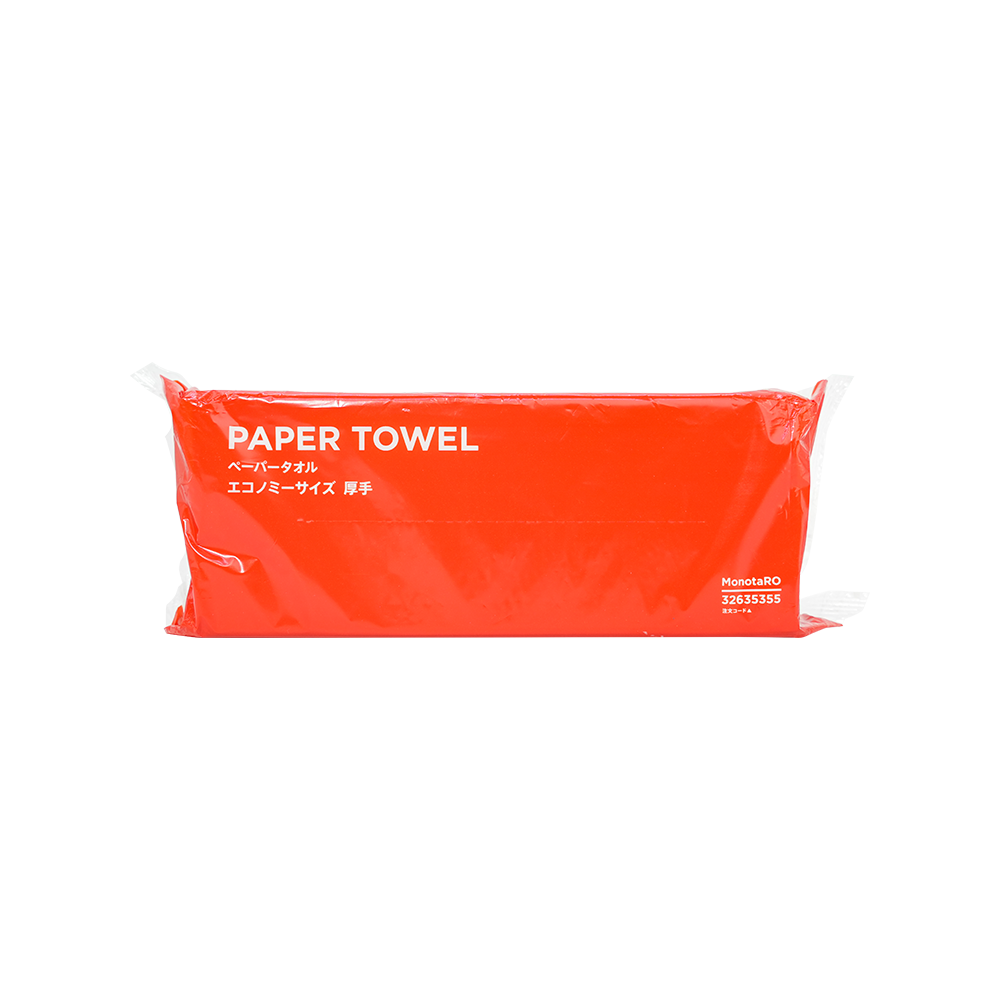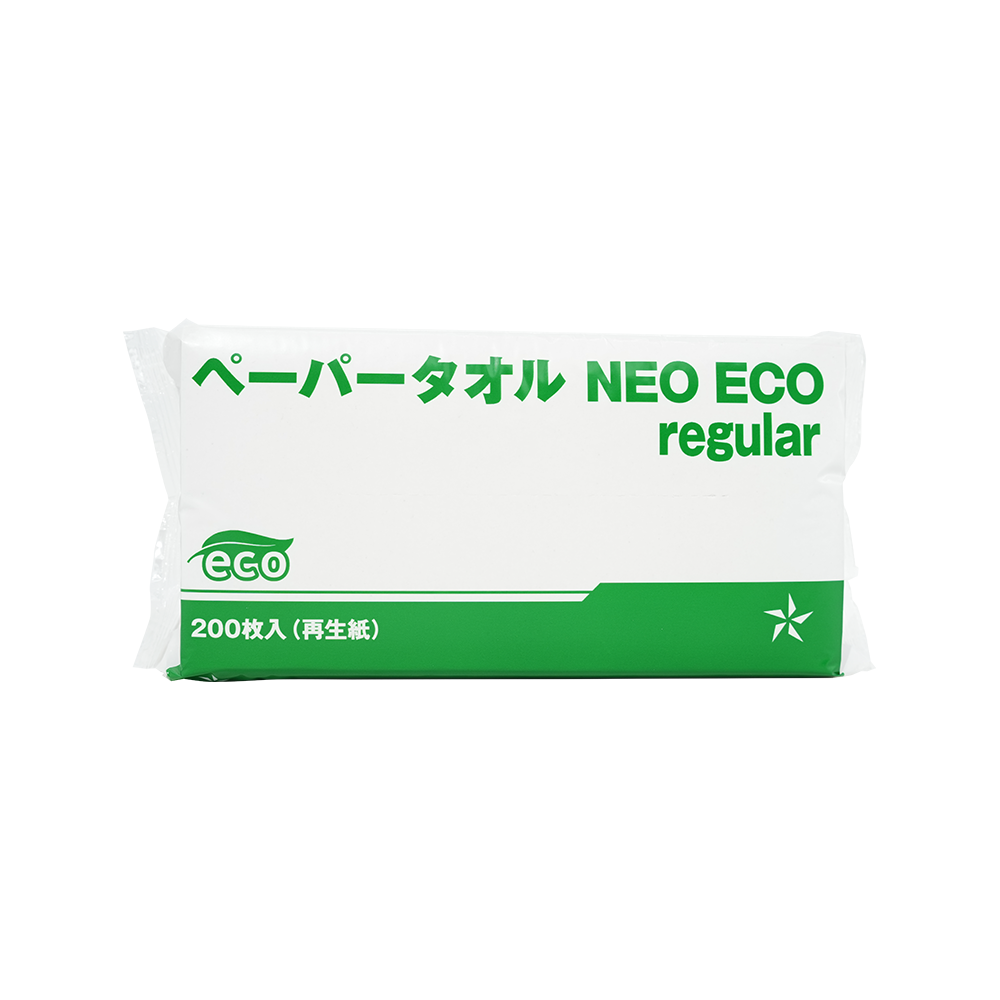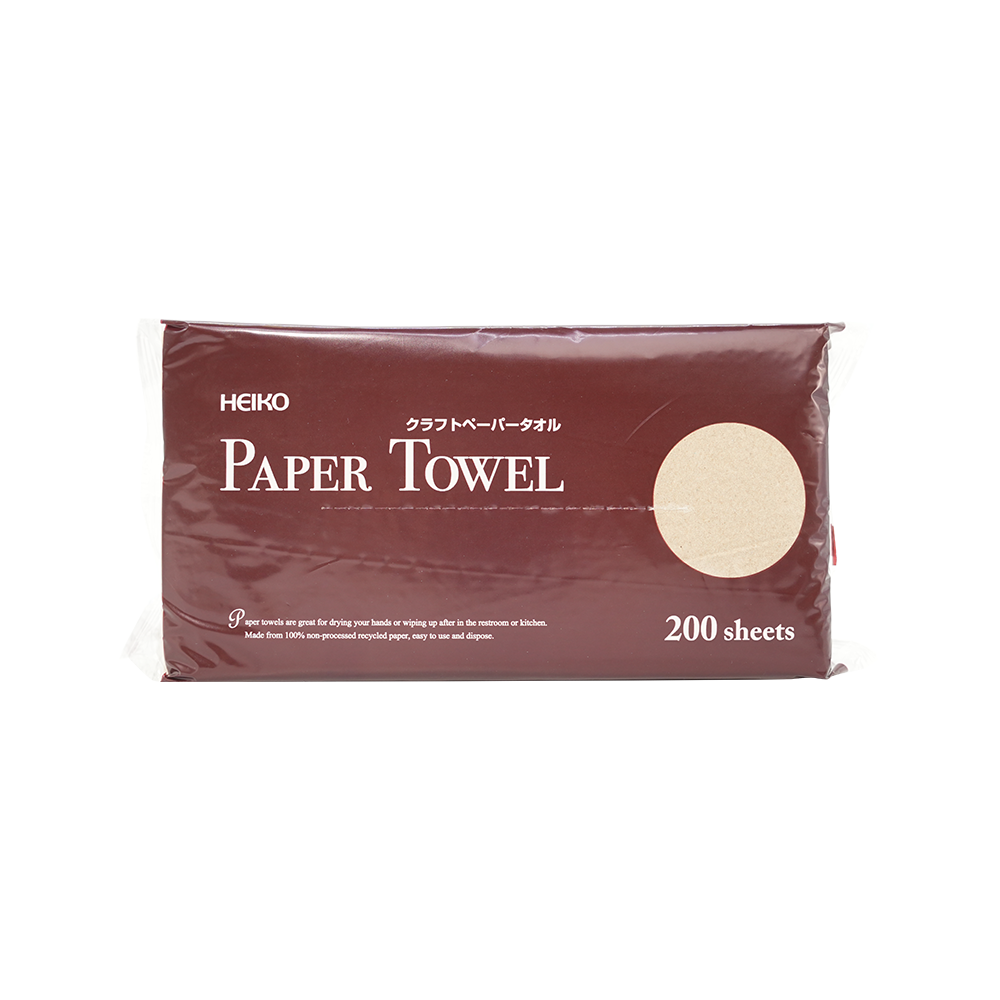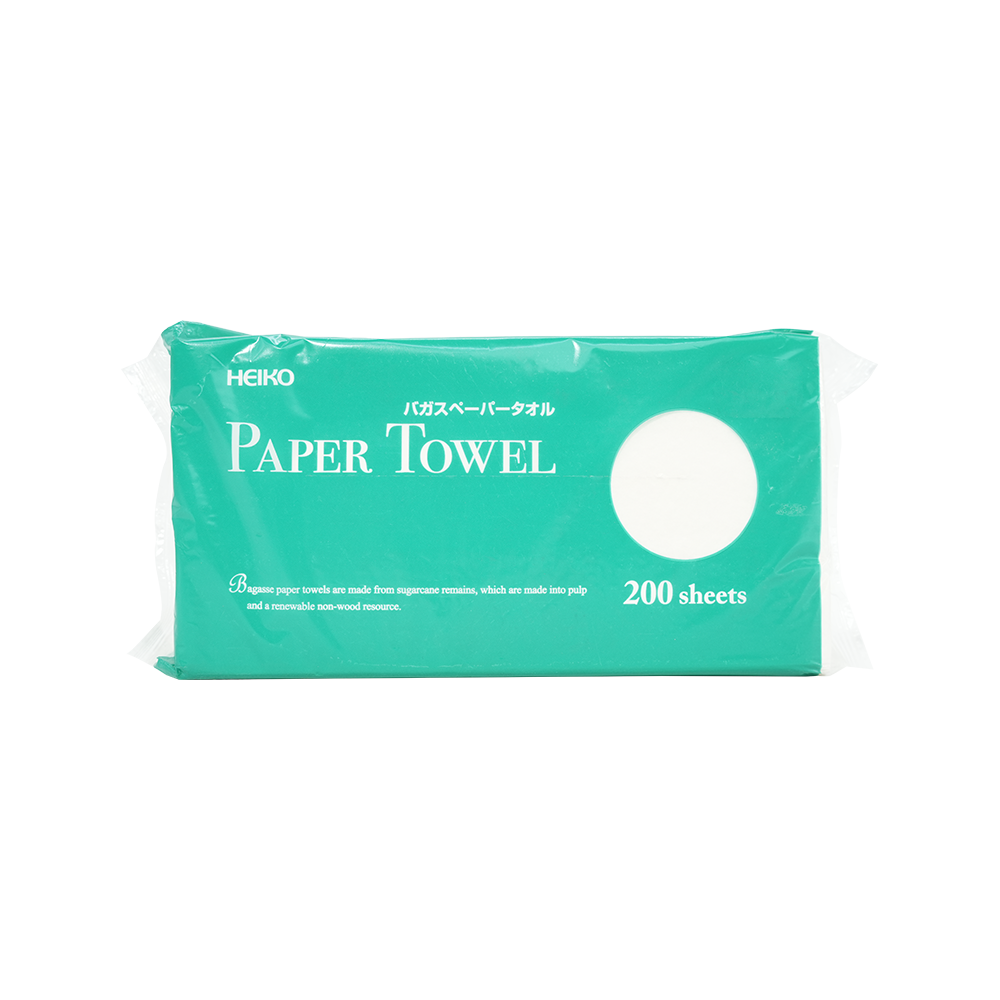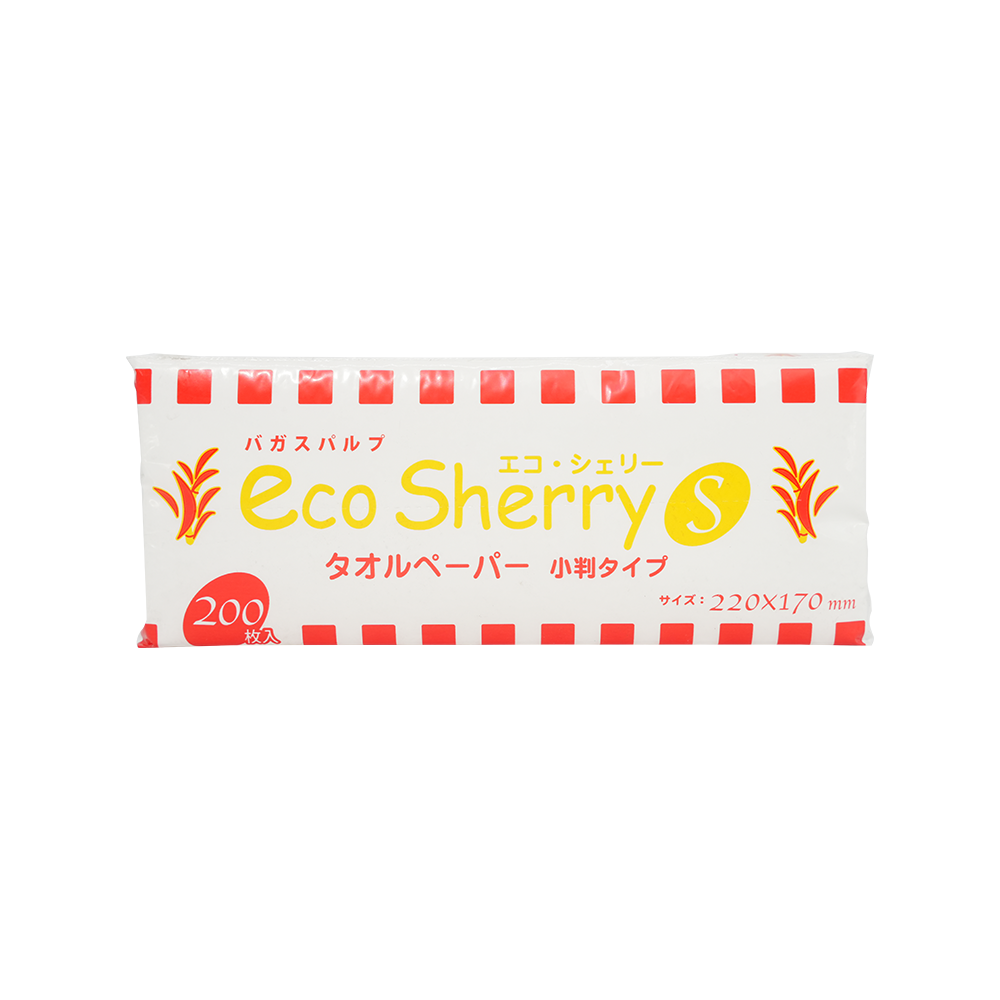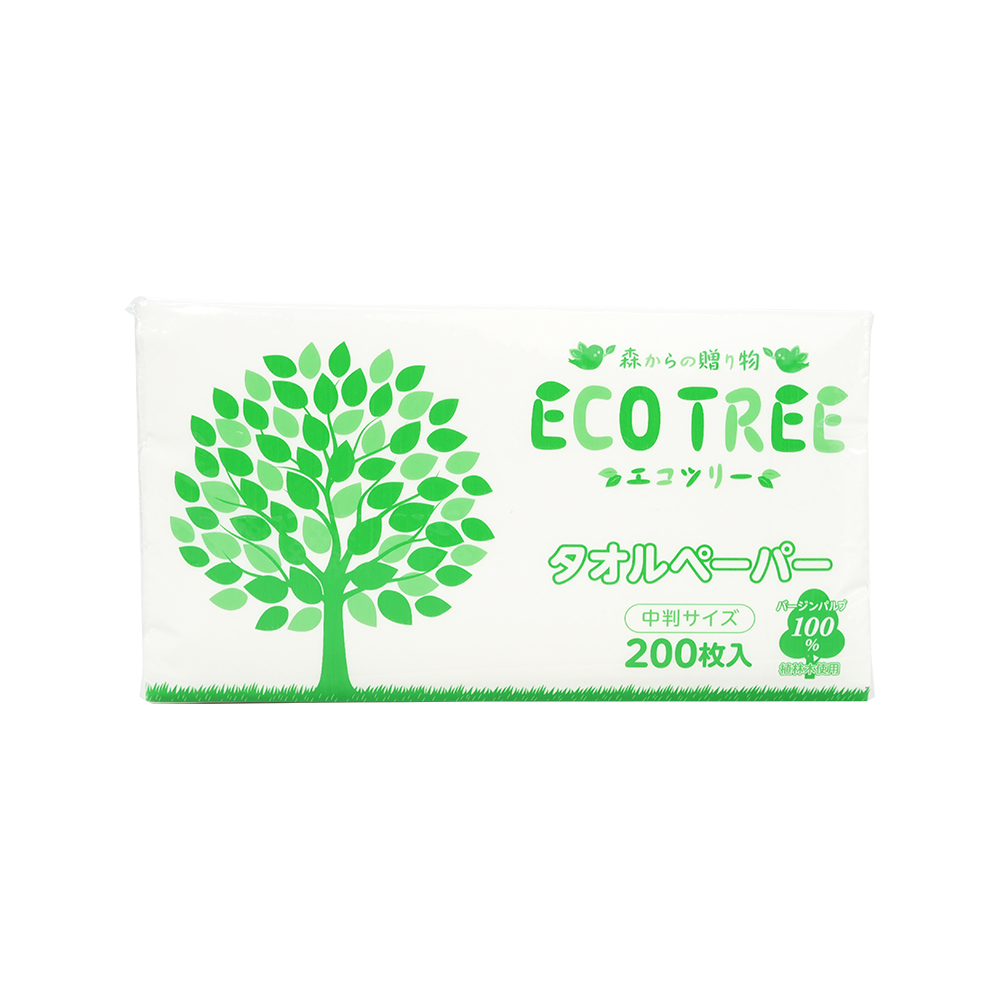The Rise of Bamboo Fiber Tissues: A Sustainable Shift in Everyday Essentials
 2025.05.15
2025.05.15
 Industry News
Industry News
In a world increasingly defined by conscious consumption, bamboo fiber tissues are emerging as a quiet yet powerful revolution. Once an overlooked household staple, tissues are now under scrutiny for their environmental footprint. And bamboo, a fast-growing, renewable resource, is stepping in as the sophisticated alternative.
Unlike traditional tissues made from virgin wood pulp, bamboo tissues are crafted from one of the most rapidly renewable plants on Earth. Bamboo can mature in just three to five years, requiring no replanting, pesticides, or synthetic fertilizers. This regenerative capability positions bamboo as a titan of sustainability—nature’s own biodegradable marvel.
But bamboo fiber tissues are not just about ecological virtue. They offer a tactile experience that’s hard to ignore. Soft, yet resilient. Silky, yet strong. These tissues bring an elevated standard of comfort to the everyday—no chafing, no irritation. For those with sensitive skin, allergies, or an aversion to chemical-laden products, bamboo tissues provide a hypoallergenic and naturally antimicrobial solution.
The production process also distinguishes bamboo fiber tissues from conventional counterparts. Typically, the manufacturing of tree-based tissues involves chlorine bleaching and heavy processing. Bamboo alternatives, on the other hand, are often processed with fewer harsh chemicals, preserving both the integrity of the fiber and the environment. Water consumption is significantly lower, and carbon emissions during cultivation and harvesting are comparatively minimal.
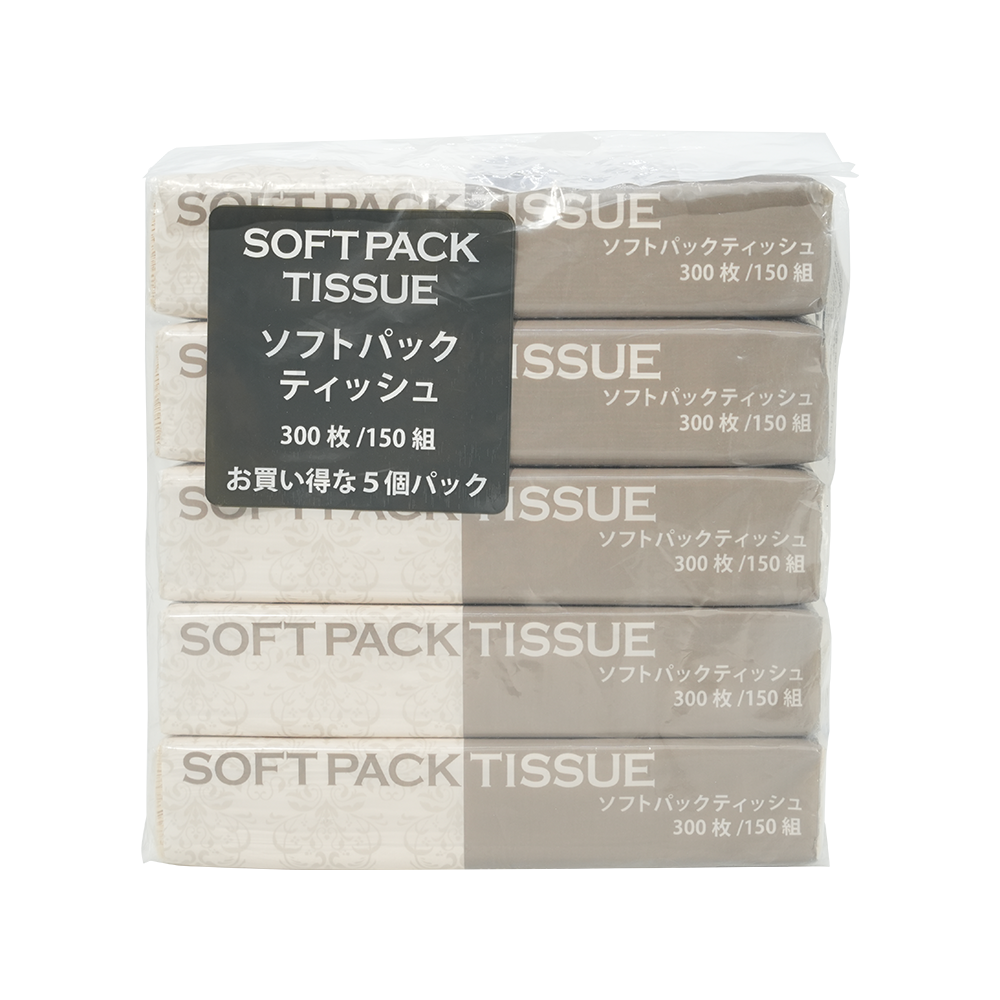
Consumers are becoming acutely aware of these benefits. As eco-consciousness continues to rise, bamboo fiber tissues are capturing attention not just in health stores, but on mainstream shelves. Brands that embrace transparency, ethical sourcing, and minimalistic, recyclable packaging are leading the charge. They’re not just selling tissues—they’re selling a statement: that small choices can have seismic impacts.
Still, challenges remain. Bamboo tissues typically carry a premium price tag—a reflection of sustainable farming practices and ethical labor. Yet as demand increases, economies of scale are beginning to kick in. More manufacturers are entering the arena, competition is driving innovation, and affordability is on a promising trajectory.
Beyond personal use, the ripple effect is beginning to show in corporate and hospitality sectors. Eco-friendly hotels, sustainable office spaces, and boutique spas are switching to bamboo fiber tissues as part of their environmental commitment. It’s no longer just about function; it’s about ethos.
Bamboo fiber tissues represent more than an eco-friendly swap. They signify a broader cultural shift—toward products that harmonize performance, luxury, and responsibility. They ask us to rethink what we consider “disposable” and to reimagine everyday routines as opportunities for impact.


 English
English 日本語
日本語 한국어
한국어
